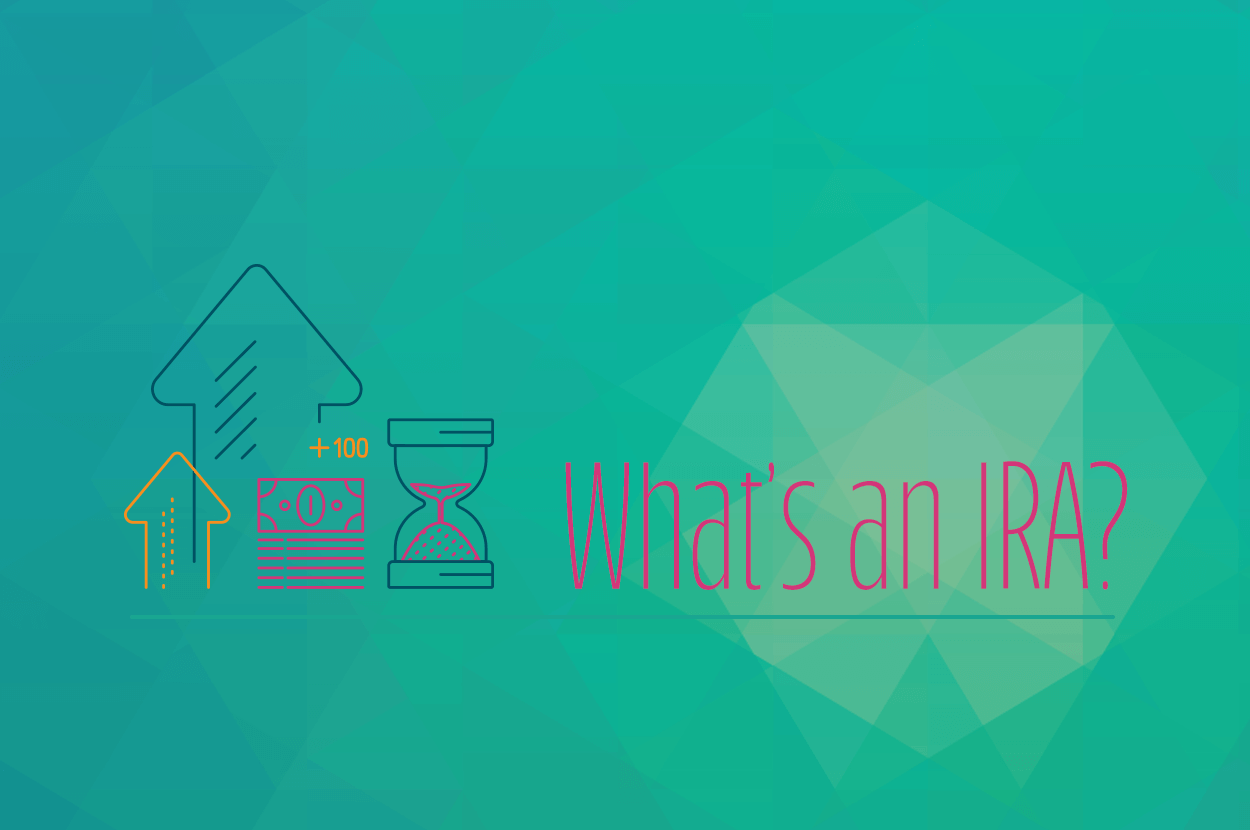Plan and Retire
5 Must-Know 401(k) Facts
May 10, 2017

No matter how you do it, saving for retirement is important. There are plenty of options to choose from, like Roth IRAs and 403 (b) accounts. One of the most popular options for many employers is a 401(k) plan.
Since 401(k) plans are often offered through work, many people enroll in them. Usually when you become eligible for your company’s 401(k) program, you have a quick meeting to explain everything and go over your options. It can be overwhelming, especially if you don’t know much about 401(k) plans.
Not only is it a lot of information to go over in a short period of time, but it’s also sometimes intimidating to ask questions about such an important topic in a room full of coworkers.
Your HR department can help you understand the specifics of your company’s 401(k) offerings, but there are some basic 401(k) facts that can help you build a foundation of knowledge. After you learn the basics, it can be much easier to figure out what questions to ask and to make your 401(k) decisions.
Here are five things you should know about 401(k)s:
1. Many Employers Offer Contribution Matches
One of the most effective ways to save more over time is by taking advantage of employer match programs for 401(k) contributions. The specifics of the programs vary by company, but typically an employer will offer to match the amount of money an employee contributes up to a certain maximum amount. For example, your employer might offer to match 50% of your contributions with a maximum match of 6% percent of your total salary.
Make sure to learn the specifics of your employer’s match program. This sort of program is offering you free money, so try to make the most of it!
2. You May Not Get to Keep All Employer Contributions until You’re Fully Vested
What Does “Fully Vested” Mean?
Your contributions to your 401(k) are yours to keep. When your employer matches part of your contributions, those funds are often vested.
- When you’re fully vested, you get to keep your employer’s contributions after you leave the company.
- When you’re not fully vested, you get to keep only part of your employer’s past contributions or sometimes none of your employer’s past contributions.
Make sure you learn about your company’s specific policies. If you’re job searching, this is a good question to ask a potential employer!
Though many employer’s offer some sort of 401(k) contribution match, keep in mind you may not get to keep all of the funds if you leave the company. It all depends on the company’s vesting policy.
No matter what, you get to keep the money that you contribute to your 401(k). But your employer’s match might be on a vesting system. This means that you might have to stay with a company for a specific amount of years to become fully vested.
When you are fully vested, you get to keep all of the employer’s contributions when you leave the company. Some companies let employees become fully vested right from the start; others may require you to work there for years before you’re fully vested.
If you leave a company before you are fully vested, you might only get to keep a percentage of the employer’s contributions to your 401(k). Some companies may not let you keep any of the contributions once you leave, so it is important to learn the specifics of any match program you are a part of.
3. There May Be Penalties for Withdrawing Funds Early
Since 401(k) plans are meant to help you with long-term savings, they are not designed for you to casually take money out. That’s why you’ll get penalized for taking funds out of your 401(k) early.
Your exact penalty for early withdrawals depends on factors like your age and tax bracket, but it can lead to a serious loss. Since 401(k) plans are designed to grow over time, it can be difficult to replace any funds you take out.
This means you could potentially lose money due to the penalty and lose even more with the loss of the savings. Since 401(k)s let you earn interest on your funds without taxes being taken out, your money can grow faster than it would in a regular account that gets taxed.
4. 401(k) Plans May Help You Save in Taxes
Most 401(k) plans do not charge income tax on your earnings until you withdraw money, which can lead to some significant savings. To determine about how much you save each year, multiply your tax rate with the amount of money you’ve contributed to your 401(k) that year.
Make sure you look into other possible tax benefits as well. Tax breaks for state taxes might be available. If you have a 401(k) and a lower income, you might qualify for an additional tax credit.
5. You May Need to Take Action after a Job Change
When you have a 401(k) through your employer and decide to change jobs, you have a few options. Remember, you’ll have to pay income tax on the money and you’ll get penalized if you withdraw your funds early.
To avoid that, there are three options:
- Leave the funds in your current 401(k) plan
- Move your current 401(k) balance to your new employer’s 401(k)
- Roll your 401(k) money into an IRA
Look at each choice and figure out what option will save you the most money over time.
Category
Plan and Retire
Tags
Find a Branch or ATM
We’re local, serving multiple counties in Florida


